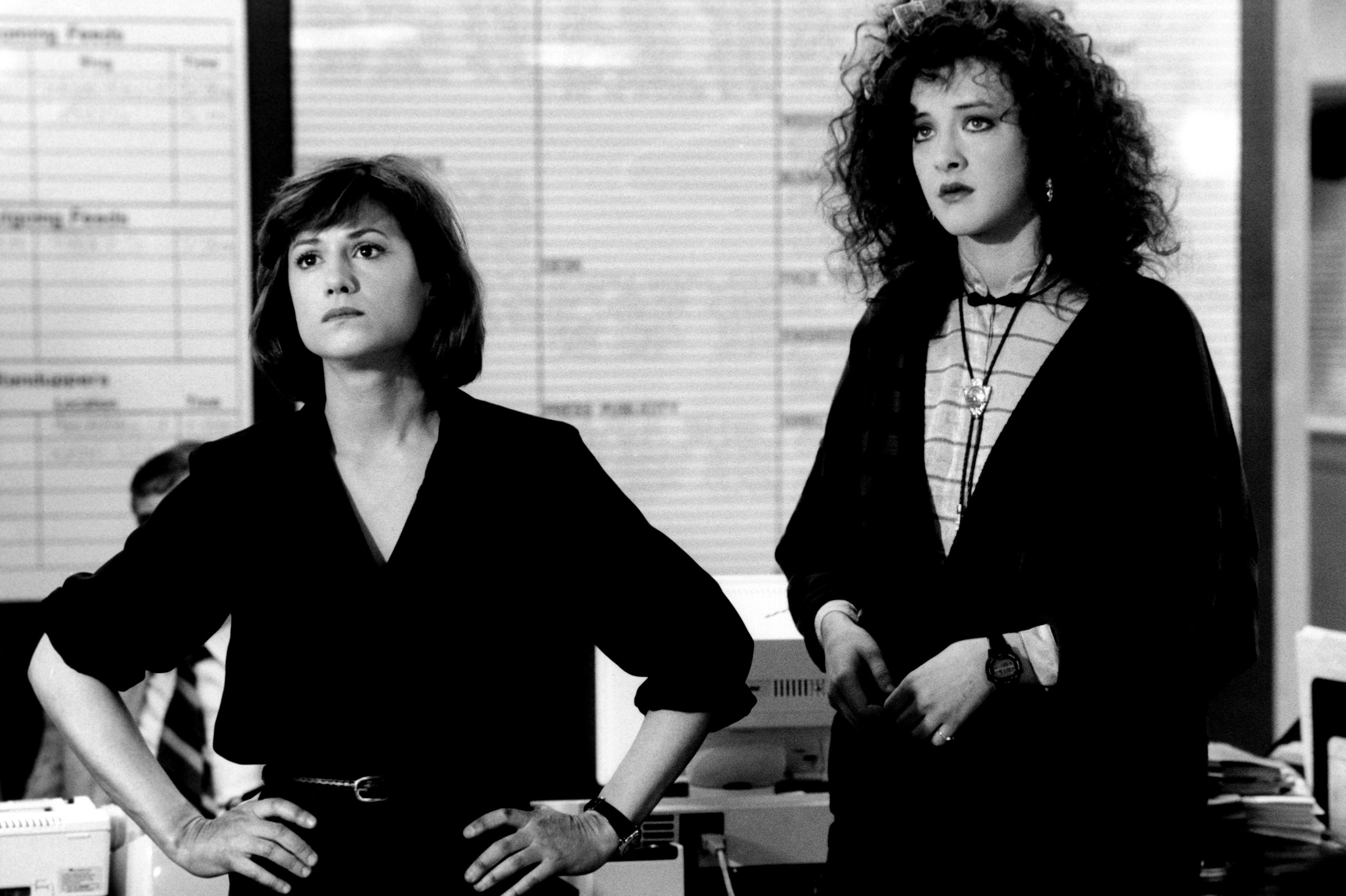Today in Movie Culture: Deadpool vs. The Punisher, 'Star Wars: The Last Jedi' Porg Mania and More
Here are a bunch of little bites to satisfy your hunger for movie culture:
Mashup of the Day:
Deadpool and the Punisher are in two separate franchises, but the Marvel antiheroes come together in this fake trailer by Stryder HD:
[embedded content]
Meme of the Day:
Ever since the Porg made its first appearance in the Star Wars: The Last Jedi trailer, it’s been total Porg mania with memes galore. Here’s some via io9 and Gizmodo:
68 Porg photoshops that will haunt your dreams https://t.co/nsLchRIBG5pic.twitter.com/Wsx4d8upao
— io9 (@io9) October 11, 2017
Theme Song Cover of the Day:
As if that meme wasn’t enough, here’s a video with the Star Wars theme covered by Porgs:
Who loves Porgs? I love Porgs so much that I made them sing the @starwars theme song ?? #StarWars#PorgNation#Porglife#Porg#TheLastJedipic.twitter.com/RSzYBYBdVy
— Julian Boo-mani ?? (@akaVolpe) October 10, 2017
Recut Trailer of the Day:
In case you didn’t see enough parallels between The Last Jedi and The Empire Strikes Back, The Unusual Suspect cut the latter in the style of the former’s new trailer:
[embedded content]
Reworked Movie of the Day:
While we’re on a Star Wars kick, here are a couple scenes from the original movie with dialogue taken out for maximum awkwardness:
[embedded content]
Vintage Image of the Day:
Joan Cusack, who was born on this day in 1962, with Holly Hunter in a publicity still for Broadcast News. Cusack earned her first Oscar nomination for her performance in the movie.
Remade Trailer of the Day:
Professor Marston and the Wonder Women, which comes out this Friday, is about the creation of Wonder Woman, so here’s a comic book style remake of its trailer:
[embedded content]
Video Essay of the Day:
In this video for Film Radar, Daniel Netzel explores the color coding of characters in Edgar Wright’s Baby Driver:
[embedded content]
Cosplay of the Day:
No, this isn’t Sophia Lillis from It. It’s another winning lookalike cosplayer, and her name is Aleksandra Bodler:
can someone find who this is because THIS IS A GREAT COSPLAY pic.twitter.com/tpIv3Dy4hH
— dani loves katie 17 (@bivmarsh) October 11, 2017
Classic Trailer of the Day:
Today is the 15th anniversary of the initial limited release of Paul Thomas Anderson’s Punch-Drunk Love. Watch the original trailer for the romance classic below.
[embedded content]
and





